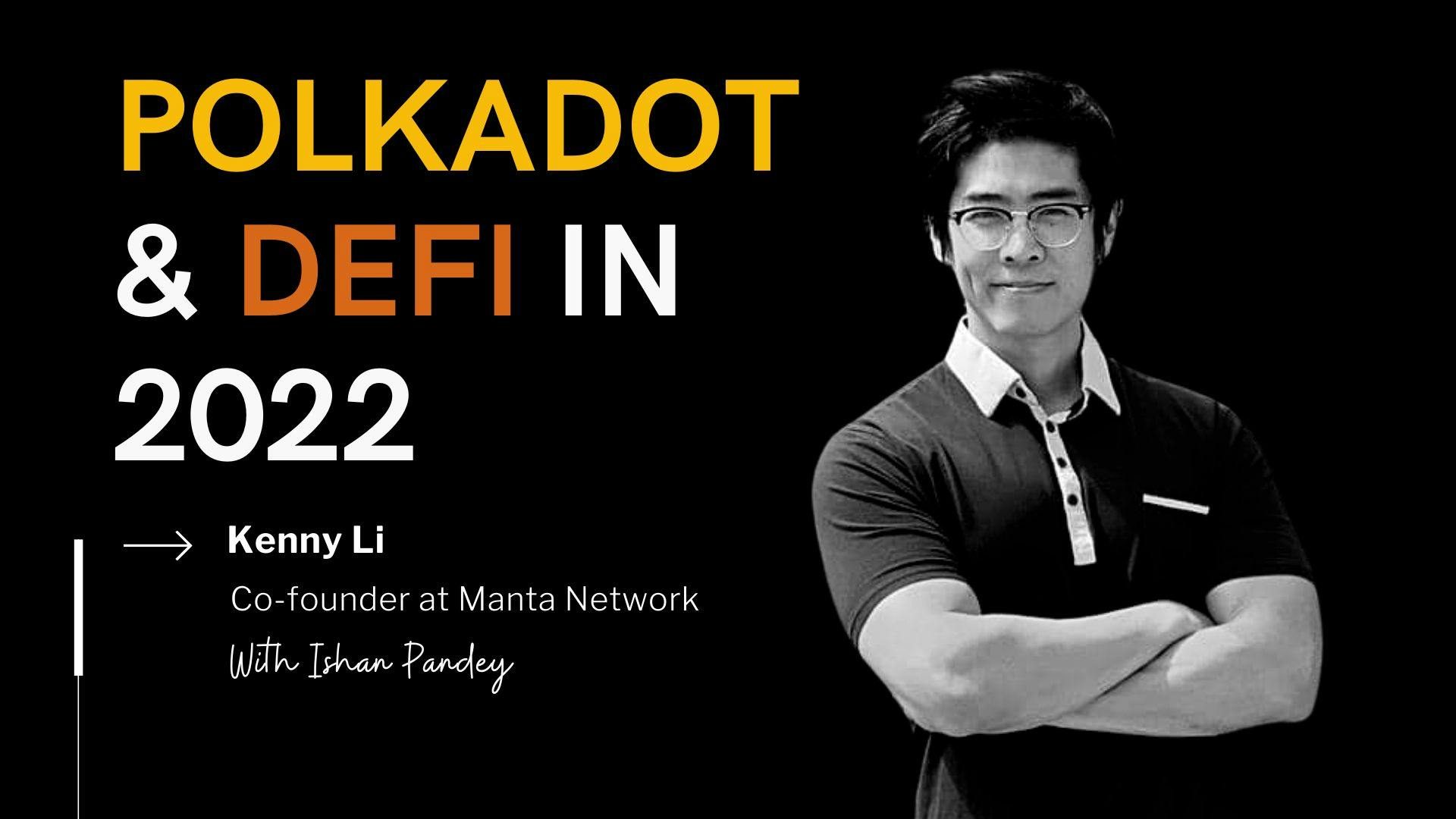1,297 reads
The Biggest Emerging Trend in the Blockchain Industry is One of Privacy
by
January 27th, 2022
Audio Presented by

Building and Covering the latest events, insights and views in the AI and Web3 ecosystem.
About Author
Building and Covering the latest events, insights and views in the AI and Web3 ecosystem.
